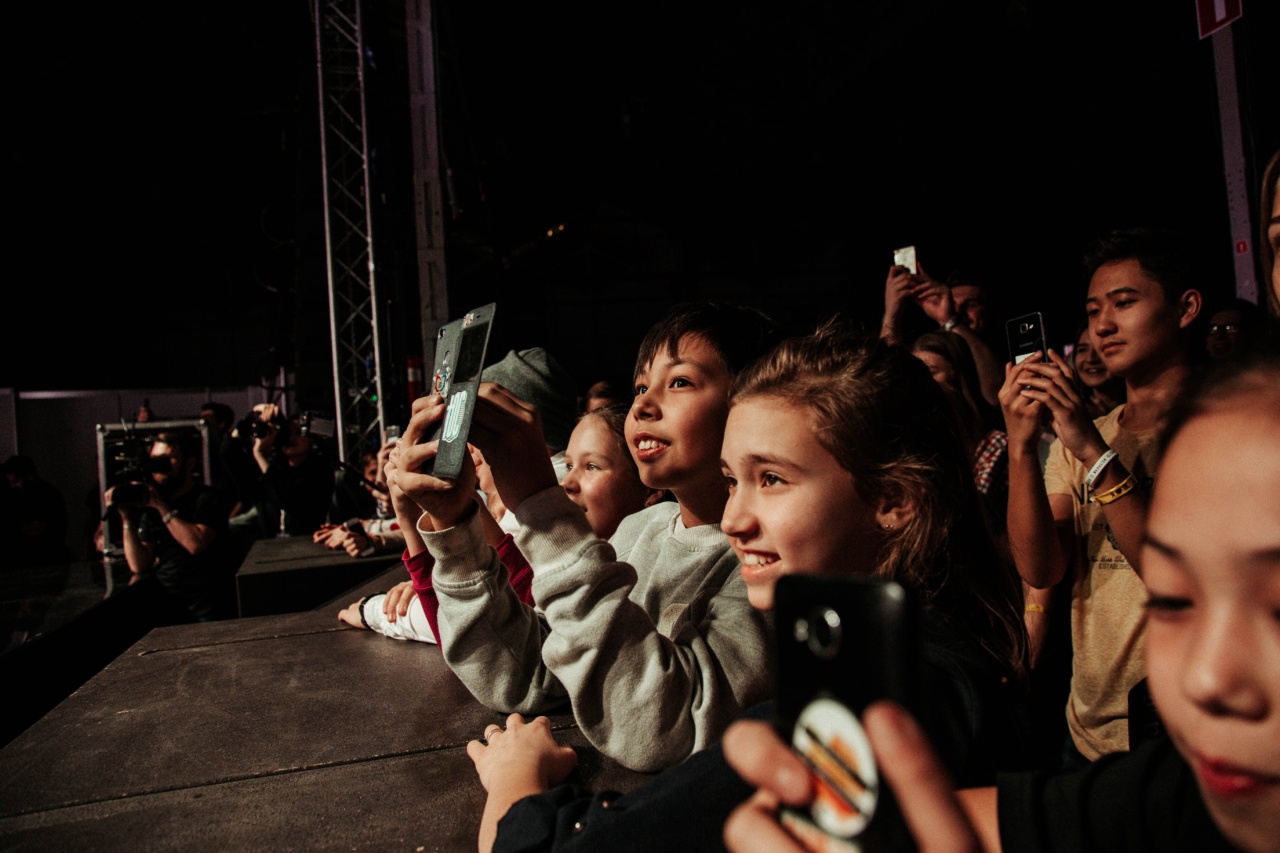Technology has revolutionized the way we live our lives, but it has also brought about some negative consequences that we need to be aware of. One of them is the recent phenomenon of temporary blindness caused by mobile phones.
Many people nowadays are glued to their phones, and it is not uncommon to see people staring at their screens for hours on end. However, research has shown that this habit can lead to temporary blindness, which is a serious concern for our eyesight.
What is Temporary Blindness?
Temporary blindness is a condition where you experience a loss of vision in one or both eyes for a short period of time, usually lasting a few minutes. The condition is not permanent and does not cause any long-term damage to your eyesight.
The causes of temporary blindness are diverse, ranging from low blood sugar levels to certain medications. However, in recent years, it has become clear that the prolonged use of mobile phones is also a major cause of this phenomenon.
How Does Using Mobile Phones Affect the Eyes?
When we use our mobile phones, we tend to look at them from a close distance for prolonged periods. This puts a strain on our eyes, which are not designed to focus on objects close up for extended periods of time.
Our eyes are also designed to move and blink frequently, but when we are staring at our phones, we tend to reduce our blink rate, which can cause dryness and irritation in our eyes.
Moreover, the blue light emitted by mobile phone screens can also contribute to temporary blindness.
Our eyes have a natural protective mechanism that filters out blue light, but when we are exposed to excessive amounts of it, it can interfere with our vision. The blue light can stimulate our retinas, causing them to produce more rhodopsin, a photopigment that is responsible for our ability to see in low light conditions.
When we look away from our phones, our eyes need time to adjust and balance the rhodopsin levels, leading to temporary blindness.
Who is at Risk of Temporary Blindness?
Temporary blindness caused by mobile phones can affect anyone, but it is more common in people who have a history of vision problems, such as nearsightedness or farsightedness.
Older people are also more at risk of developing temporary blindness, as their eyes are less flexible and adaptable to changes in lighting conditions.
How to Prevent Temporary Blindness from Mobile Phones?
The best way to prevent temporary blindness caused by mobile phones is to reduce our screen time. We should limit the amount of time we spend on our phones, take frequent breaks, and move away from our screens periodically.
When we are using our phones, we should hold them at a comfortable distance and avoid looking at them in bed or in a dark room. Using blue light filters or wearing glasses with an anti-reflective coating can also help reduce eye strain and prevent temporary blindness.
Conclusion
The widespread use of mobile phones has revolutionized the way we communicate, work, and access information. However, it has also brought about some negative consequences that we need to be aware of, such as temporary blindness.
By taking simple steps to reduce our screen time and protect our eyes, we can prevent temporary blindness and enjoy all the benefits of technology without harming our vision.































